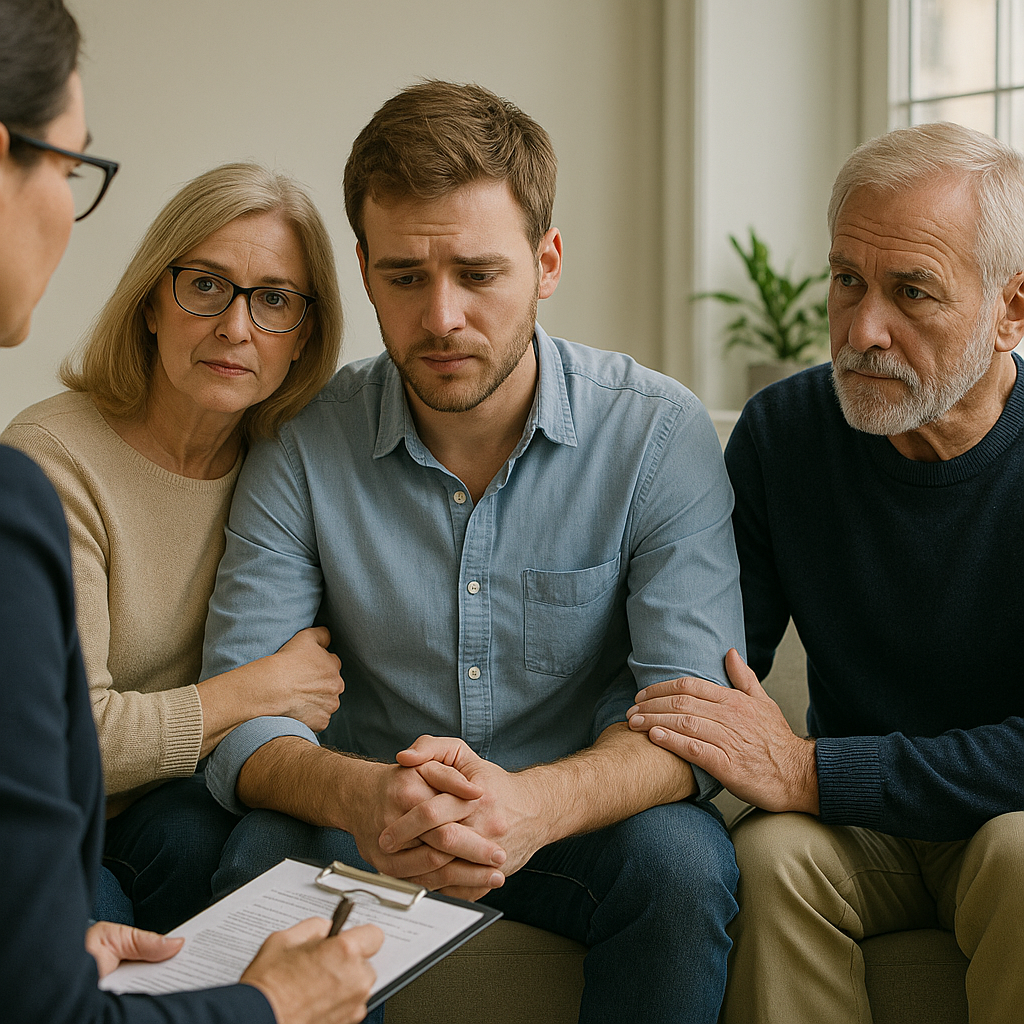How Families Can Support Recovery Without Enabling

When someone you love is in recovery, your support can be a powerful part of their healing journey. But there's a fine line between helping and enabling—between offering genuine support and unintentionally prolonging the cycle of addiction.
Learning how to support recovery without enabling is one of the most important steps families can take. It ensures your loved one receives the accountability they need—while also protecting your own well-being.
The Difference Between Support and Enabling
Support means empowering your loved one to take responsibility, grow, and stay on track in recovery. Enabling, however, often means shielding them from consequences, which can actually delay real change.
| ❌ Enabling | ✅ Helping |
|---|---|
| Paying off their debts caused by drug use | Helping them create a payment plan |
| Lying to their employer or partner | Encouraging honesty and accountability |
| Giving money "just this once" | Providing a ride to a therapy session |
| Ignoring bad behavior to avoid conflict | Setting clear boundaries and sticking to them |
💭 Ask yourself: Does this action help them grow, or protect them from consequences?
Five Ways to Support Recovery Without Enabling
📚 Get Educated About Addiction
Understanding addiction as a chronic condition—not a moral failing—allows you to show compassion without slipping into guilt or over-responsibility.
🛡️ Set Clear and Healthy Boundaries
Boundaries protect your peace and create structure. They're not punishments—they're acts of love rooted in self-respect.
🤝 Encourage Professional Help and Accountability
Rather than trying to be their therapist, support them in seeing counselors, attending group therapy, or working with a sponsor.
🚫 Avoid Rescuing or Excusing Harmful Behavior
When you step in to "fix" everything, you rob them of the chance to build resilience. Let them experience natural consequences—while remaining emotionally supportive.
💖 Take Care of Yourself First
You can't pour from an empty cup. Seek your own support, whether through therapy, spiritual practice, or family support groups like Al-Anon or SMART Recovery Family & Friends.
Why Family Involvement Matters
Families that engage in recovery—through education, therapy, or structured involvement—dramatically improve outcomes. A supportive but non-enabling environment fosters long-term success, while also helping families heal from the emotional toll of addiction.
💡 Remember: You're not responsible for your loved one's recovery, but you can play a powerful role in it.
Need Help Supporting a Loved One in Recovery?
🤝 We're Here to Help Your Family Heal
At LA Wellness Haven, we offer family therapy, education programs, and compassionate guidance to help you support your loved one—without losing yourself in the process.
📞 Ready to learn more?
Contact us today at (818) 475-4555